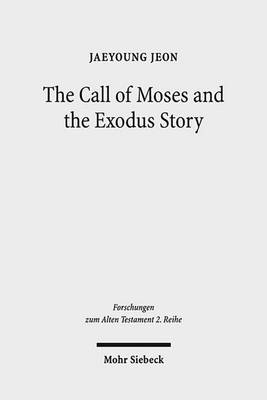Forschungen zum Alten Testament 2. Reihe
1 primary work
Book 60
Jaeyoung Jeon examines and assesses recently suggested models for the formation of the Pentateuch through a redactional-critical analysis of the Call of Moses (Exod. 3-4) and the Exodus story (Exod. 5-13). He observes that Exod. 3-4 was formed through a series of stages of Deuteronomistic composition and redaction, to which some post-Priestly additions were made. Comparative analysis suggests that the elements of Deuteronomistic formation precede P and that the direction of influence is from the non-P narrative (Exod. 3-4) to the P call narrative (Exod. 6). Jeon also shows that although some of the literary layers in Exod. 3-4 extend through the Exodus story (Exod. 5-13), the present form of the latter has been shaped by a post-Deuteronomistic but pre-Priestly composition based on an earlier proto-Exodus story. He therefore concludes that the Pentateuch or Hexateuch might be the product of a more complicated process of development than the current models describe.
